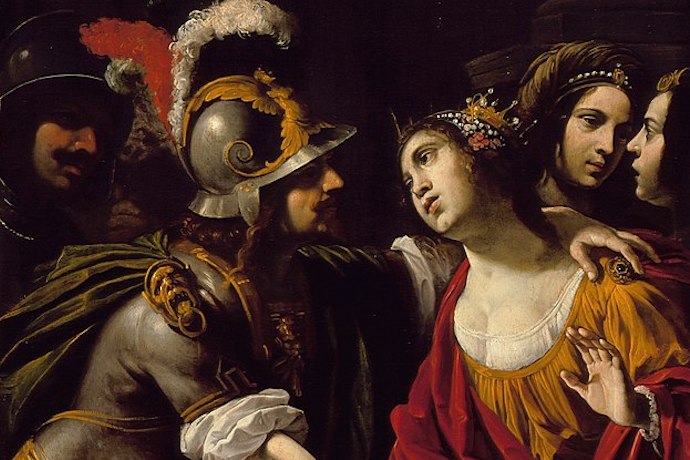By Kaoruko Takehara
It is daunting to sit down and compile a list of the ‘best’ compositions. While this is by no means a definitive list (and is in no particular order), here is a first step into the weird and wonderful world of classical music inspired by mythology.

Zhou Long’s ‘The Awakening Aria’ from Madame White Snake
The 2010 opera Madame White Snake, which earned Zhou Long the Pulitzer Prize for music in 2011, is based on the Chinese legend of the same name, in which a man named Xu Xian falls in love with Bai Suzhen, a female snake spirit, unaware of her true form. One of the opera’s most captivating moments, ‘The Awakening Aria’ showcases the composer’s unique blend of Eastern and Western musical traditions with melodies reminiscent of Puccini’s operatic works but also various vocal effects that evoke the unique idiom of Peking Opera, including bent pitches and slides. If you enjoy this aria, I would definitely recommend also listening to Zhou Long’s ‘The Rhyme of Taigu’.
Jean Sibelius’s Pohjola’s Daughter
Jean Sibelius 1906 symphonic poem is based on Kalevala, a Finnish epic, which tells the story of the beginning of the Earth. It is centred around the conflict between the land of Kalevala and the land of Pohjola. Sibelius based this work primarily on the section that talks of the enchanting daughter of the North, with whom the main character becomes completely enamoured, attempting to to complete a variety of tasks to win her. And the music, setting the scene of the desolate Finnish landscape, is full of Nordic brooding, beginning with a somber, chant-like melody in the solo cello, joined by the bassoon and distant timpani rumbles.
- Read: Music inspired by dreams | 5 of the best works
Taimaine Gardner’s ‘Pulotu’ from the album, Hawaiki
For a change of pace, I would also recommend listening to this piece by ukulele player and composer Taimaine Gardner. Her entire album (released just two years ago) is inspired by Polynesian mythology; Hawaiki is what Gardner refers to as ‘a place where Polynesians believe they originated from and will return to after death’. This particular composition takes its name from the Samoan underworld, Pulotu, and is also referred to as the world of darkness, in contrast to the living world of light. The album as a whole explores Taimane’s Polynesian roots and incorporates various musical styles and instruments from different Pacific Island cultures, among them Surf music influences, Samba and bossa nova elements and Reggae rhythms.
Ladilikan
Next up in our exploration of music inspired by mythology: this 2017 album from Trio Da Kali and the Kronos Quartet takes inspiration from Sunjata, the founder of the Mali Empire and the subject of a famous Mali epic. The epic itself has many variations, but typically charts the childhood, exile and the eventual triumph of its hero. Trio Da Kali also hails from Mali and their music invites us on a spellbinding journey to their homeland, blending classical string arrangements with ancient West African elements, among them the balafon (a xylophone-like instrument), the n’goni (a bass lute) and powerful vocals rooted in Malian musical traditions.
Henry Purcell’s Dido and Aeneas
Ending our exploration of music inspired by mythology, this 17th century opera is one of Purcell’s most famous works, based on Book IV of Virgil’s Roman epic: the Aeneid. The tale of Dido and Aeneas is a tragic one, with the two falling in love only to be separated by the evil workings of a sorceress. Despite being composed over three centuries ago, Purcell’s music is still deeply penetrating and heartbreaking, particularly in Dido’s famously haunting lament: ‘When I am laid in Earth’.